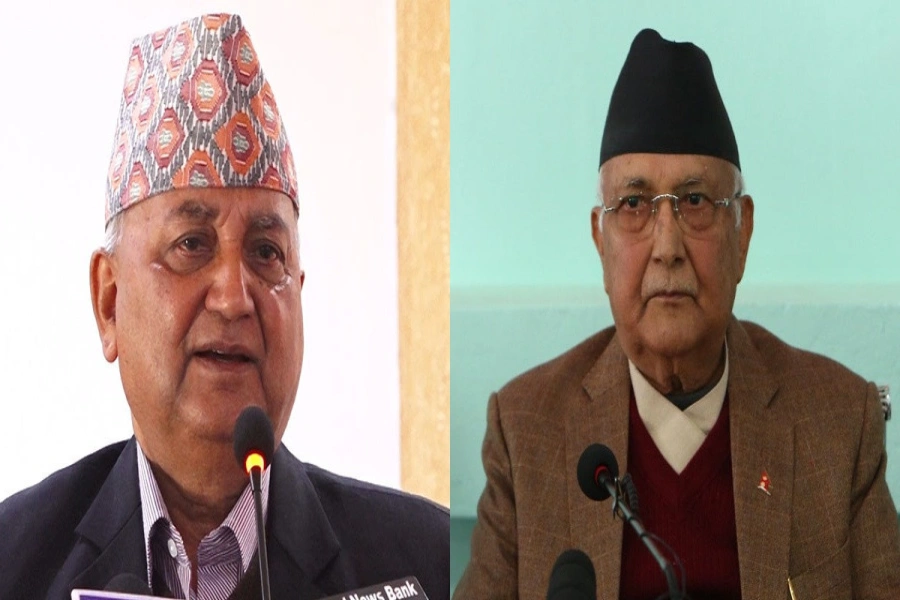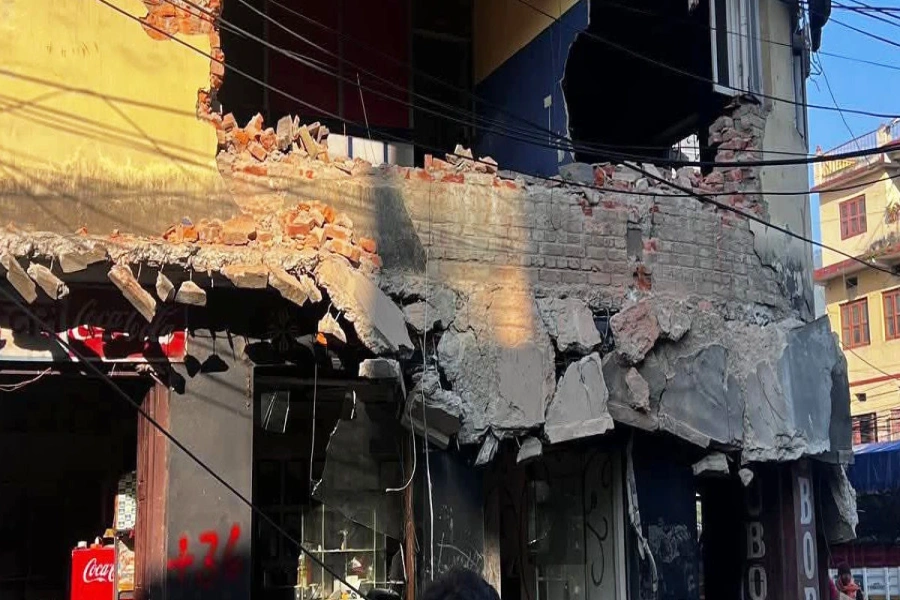BEIJING, Feb 2: Abhishek Dahal, a Nepali student in Tianjin, a city near to China’s capital Beijing, had no plan to return home to Nepal. But fearing that he might be trapped in China for an indefinite period due to suspension of flights by international airliners following the rising death toll from coronavirus, Dahal decided to return home early.
Dahal took a flight to Kathmandu on Friday after Himalaya Airlines on Thursday announced that it will suspend all its flights to and from China starting from February 7.
“Since the outbreak of the disease, I barely left my dormitory. It was safe inside the university. But as the number of confirmed cases of coronavirus went up in my city and Beijing, I started to grow anxious of being infected. So, I left,” Dahal said.
Dahal is just a case in a point. Many Nepali students living outside Hubei Province – the epicenter of coronavirus outbreak-- have started returning to their homes back in Nepal as they fear that they may be stranded like those in Hubei’s capital Wuhan in case the outbreak spreads further.
Living with fear

Out of the total 11,848 confirmed cases of coronavirus in China, 156 individuals have been infected in Beijing, while the number of infected cases is 37 in Tianjin so far, which is relatively less compared to Hubei, where 249 alone have already died of the virus and other 7,153 have been infected.
The disease is fast spreading, particularly since January 25. Although the cases of deaths are slowing down of late, at least 259 people have already died in China as a result of the coronavirus outbreak.
Like Dahal, Ganesh Gupta of Xian, the capital of Shaanxi Province, which is almost 800 kilometers away from Wuhan, also left China for Nepal on Friday along with 12 other Nepali students in fear of being infected. He said the shortage of masks in China only added to their fear of infection.
But security officials at Xian airport barred one of his friends from boarding the plane as his body showed high temperature, which is one of the symptoms of the coronavirus infection, according to Gupta.
“First, there was a shortage of masks in Xian. On top of that, as universities and their canteens are closed, we had to go to the market to buy vegetables and other stuffs. The university is safe but once you are out there is always chances of being infected. So, we decided it was better to leave China,” he said.
Nepali students from other universities in Beijing and other cities are also leaving for Nepal. Last week, Pranita Shrestha of Tsinghua University left for Nepal with 13 other Nepali students from Peking University and other universities.
“When we reached the airport, we figured out that there were more Nepalese from other universities returning to Nepal. Everybody wants to be safe,” she said.
However, there is no official figure of the number of Nepali students leaving China. Deputy Chief of Mission at the Embassy of Nepal in Beijing Sushil Lamsal said the embassy does not maintain any data on who leave China because students don’t inform them.
When asked if the embassy if encouraging Nepali students living in other places besides Hubei to return to Nepal, he said the embassy has been advising them to consider the risk of infection in transmits as well as the threat of remaining back.
“We have been encouraging all students to take informed decision,” he said.






































